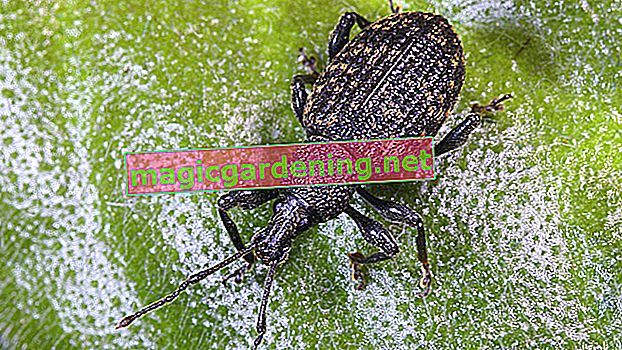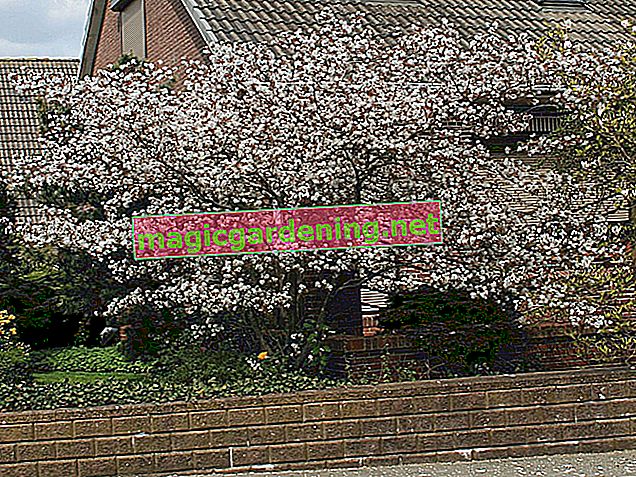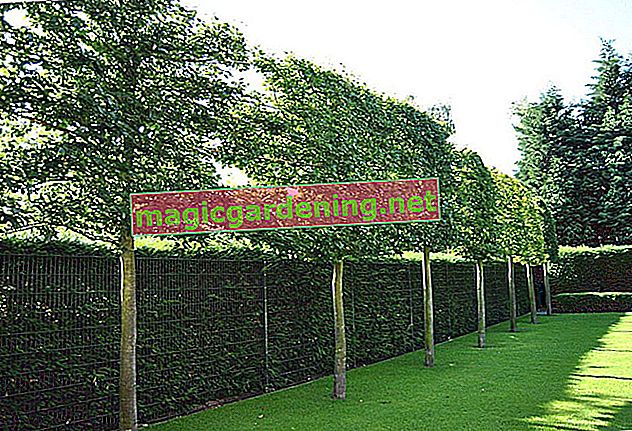
Ladybugs and ground beetles eat the bad guys - that's how they attract the beneficial insects
Because their way of life appeals to a gardener, ladybirds, ground beetles and other species are declared beneficials. Their beneficial activity is that they devour countless aphids, like the seven-spotted ladybird, or go on the hunt for snails, like the firefly firefly. So that a large number of helpful beetles are at your side in ecological plant protection, important framework conditions must be created in the garden. How to attract the beneficial insects:
- For ground beetles, fill old flower pots with straw and place them overhead as a place of retreat
- Pile of leaves and mixed hedges create a refuge for ladybugs and other species of beetles
- Leave old, rotten tree trunks in the garden to invite the fire beetle and its conspecifics
also read
- Fight pests in the garden with beneficial insects
- What to do about pests on the common loquat
- Bay damage on the cherry laurel: this beetle is to blame
The consistent avoidance of chemical pesticides attracts countless beneficial insects into your garden over time, such as beetles, bees, bumblebees, butterflies, birds and other small animals. The ecological balance benefits from this, so that problems arising in the cultivation of ornamental and useful plants do not even arise or can be remedied with simple household remedies.
Pests by definition - these bugs are better than their reputation
They spread fear and terror in the fields and forests. Colorado beetles, bark beetles, vine weevils and other species are notorious as pests and are fought with tons of toxic insecticides. If beetles cause damage, we humans are responsible for the cause. The Colorado beetles were brought in from America and the explosion of the bark beetle is caused by an unnatural monoculture.
Until they were involuntarily relocated to Europe, Colorado beetles led a leisurely, peaceful beetle life that caused no problems. Mother nature has also given the bark beetle an important role in the ecosystem. In the healthy mixed forest, he diligently takes care of decomposing organic material and making it available to other plants as humus.
These few examples already indicate how you can effectively protect your garden from a beetle plague. A healthy mixed culture paired with a species-rich colonization by beetles, insects, birds and small animals creates ecological balance. A healthy ecosystem regulates threats from pathogenic agents on its own in no time at all.
Tips
Not only from the ranks of the beetles you get a powerful backing in non-toxic crop protection. If the mole finds its way into your garden, it goes underground on the hunt for voracious insects. Instead of driving away the busy digger, you benefit twice from a cooperation. The soil of a molehill is so finely crumbly and nutritious that it replaces any high-quality and expensive plant soil.








